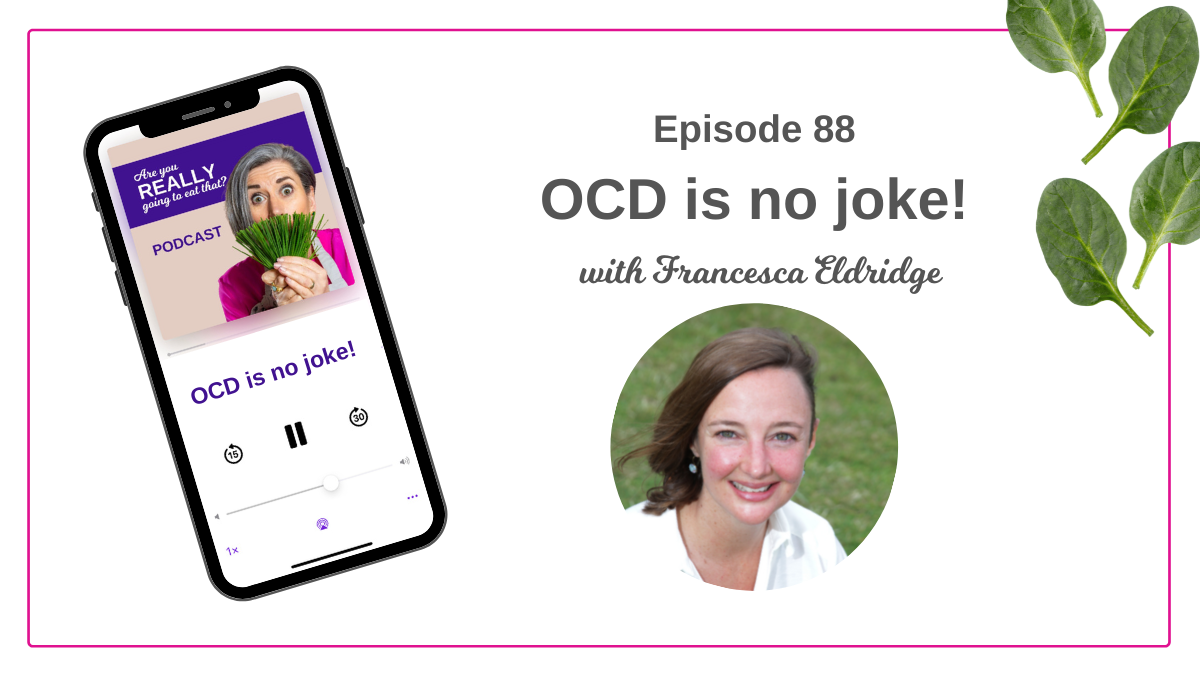In this episode, I talk to Francesca Eldridge about OCD, how nutrition can help in the road to recovery and her new book.
About Francesca
“I’m a registered clinical nutritionist, mum and OCD survivor from New Zealand. I support people in making positive changes for their mental health, so they can live more freely and be who they were meant to be.”
What is OCD?
OCD (Obsessive Compulsive Disorder) is a mental health condition that can take different forms in different people. Characterised by extreme anxiety, with intrusive and distressing thoughts, typically sufferers have to act in a specific way in order to neutralise the anxiety.
The condition is very complex and will manifest itself differently in each sufferer. This makes it both distressing for the sufferer, and difficult to diagnose and treat, but there are some main umbrella terms:
- HARM – the sufferer believes that harm will come to someone they love unless they act in a certain way or perform a certain task.
- POCD – Paedophile Obsessive Compulsive Disorder. Where the sufferer is having chronic, distressing, intrusive thoughts that they are not a paedophile. It is important to clarify that the sufferer is NOT a paedophile, and this is in dark contrast to their true nature.
- CONTAMINATION OCD – the one that we are most aware of, where the sufferer is consumed by chronic, distressing thoughts that they, or an object (such as food) might become contaminated. This can also be metaphysical where the sufferer is severely anxious about coming into contact with a certain person.
- PURE OCD – this is a more internal form where there are no physical compulsions, but the sufferer has intrusive thoughts.
The compulsion is what you might see as the physical manifestation of the condition. The tip of the iceberg, the chronic, distressing and intrusive thoughts are what you can’t see.
How can nutrition help?
Francesca is not only a clinical nutritionist, she is also an OCD survivor.
She takes her personal knowledge, her training and lots of research as a basis for her book. Not just what you eat, but how your whole lifestyle can affect your mental health. It is meant to be an uplifting and useful guide for anyone that is suffering, or knows someone who is suffering with OCD.
Her key takeaways to help are:
- Addressing the health of our nervous system
- Ensuring you eat a balanced, whole food diet
- Addressing external factors that can be removed
- Seek help
- Address any vitamin or mineral deficiencies
- Be patient and positive
The good news is that you can recover, and Francesca is a shining example of this.
Further information
The man who couldn’t stop
You can read the first chapter of Nutrition for Your OCD Recovery here, and it can be purchased from here.
Quick fire!
- What is your most positively memorable meal? Italian food in general!
- What food reminds you of childhood? Cheese and Salami Sandwiches
- What have you got for tea? Free Range Chicken seasoned with Lemon Thyme from the garden, served with roasted veg and tomatoes.
Francesca’s links
My links
Has OCD affected your life, or someone you know? I hope this episode has helped.

